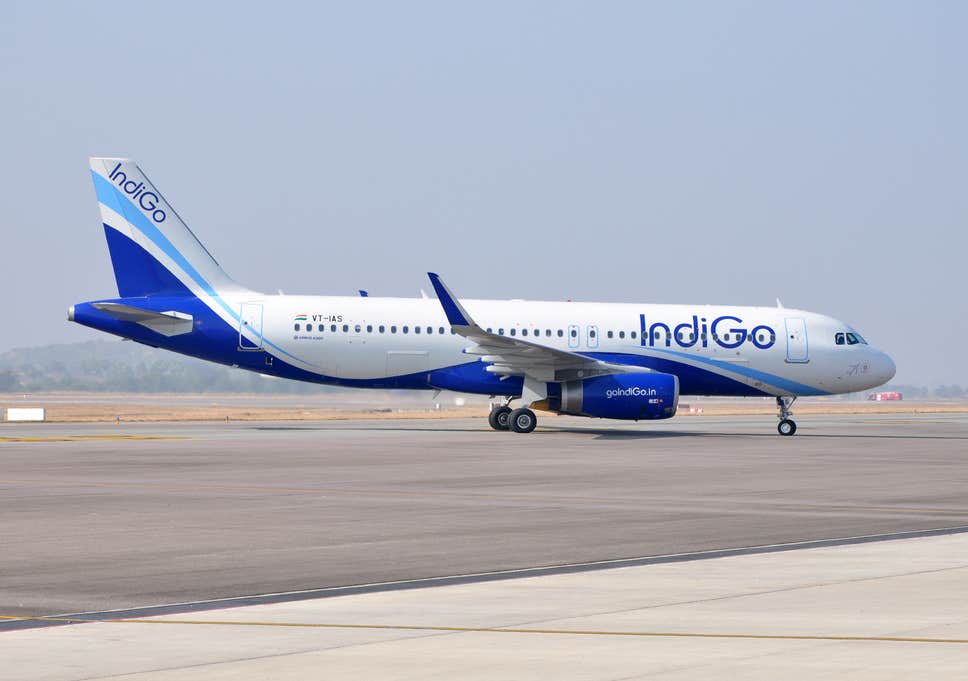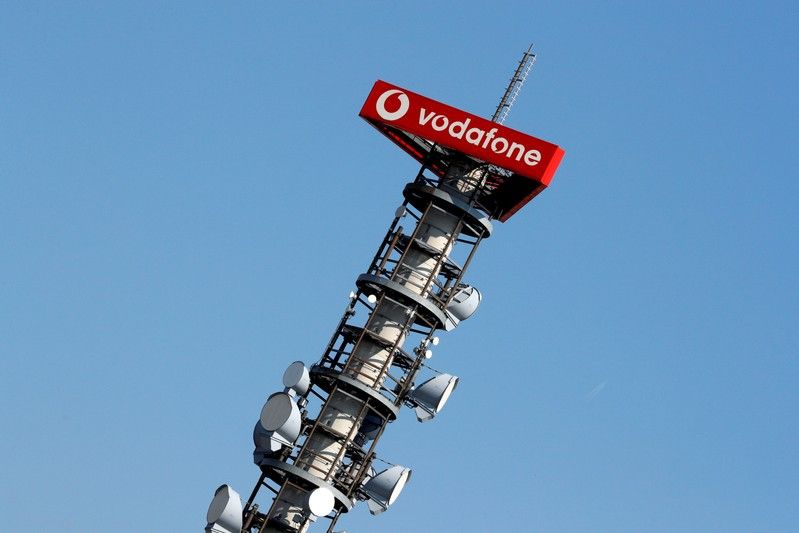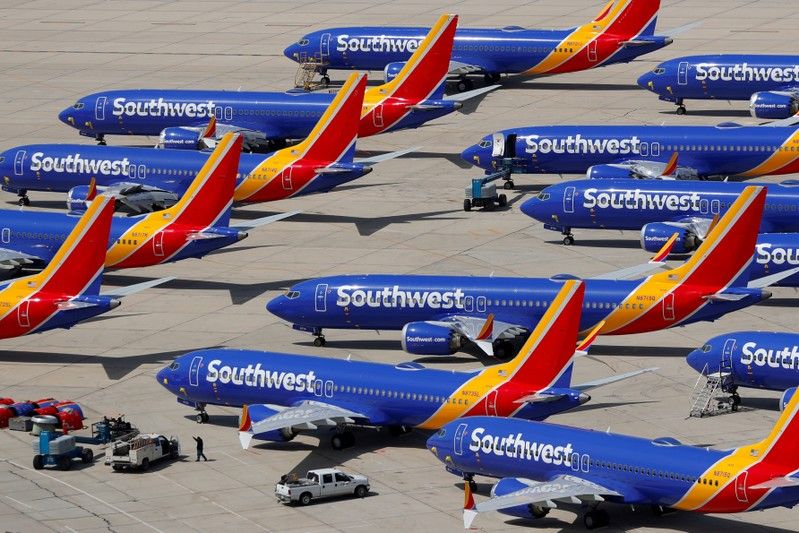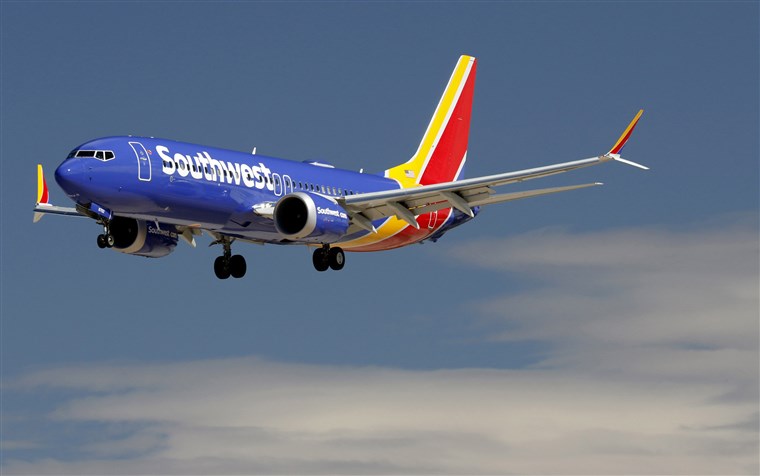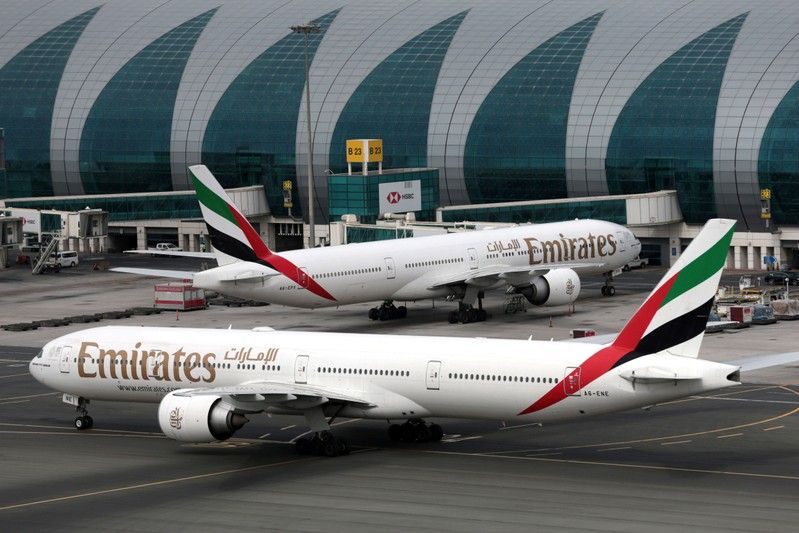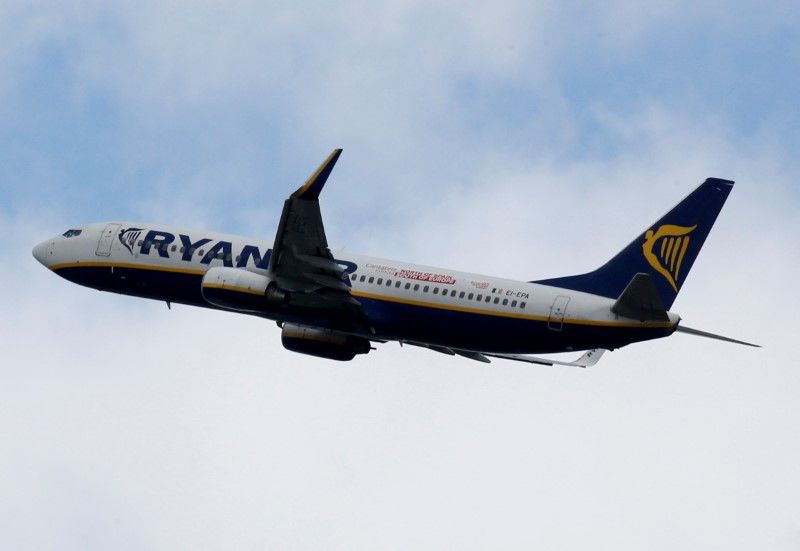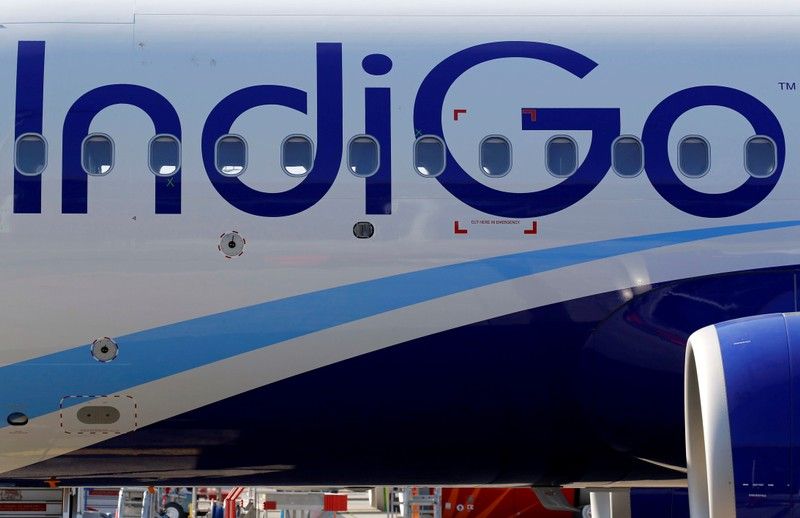
NEW DELHI (Reuters) – India’s air safety watchdog said IndiGo must do more to fix its aircraft fitted with Pratt & Whitney engines, linked to in-flight shutdowns, as it fears the budget airline may not meet its Jan. 31 deadline to replace them.
Deliveries of new planes taken by IndiGo must be used to replace the aircraft that are fitted with the problem Pratt engines, the Directorate General of Civil Aviation (DGCA) said on Monday. Those planes should then be grounded until their engines are replaced with new ones, after which they can fly again.
Indigo is the biggest customer of Airbus A320neo jets.
The regulator’s move effectively prevents India’s top airline from expanding its network until it has replaced all the Pratt & Whitney engines.
United Technologies’ Pratt & Whitney engines have consistently caused issues since they entered into service in 2016, forcing IndiGo to ground its planes several times.
In a recent review meeting with the airline, the DGCA felt that the steps taken by IndiGo so far to replace all the engines “do not instil enough confidence with regard to the timely completion of the said task”.
“If left unaddressed, we may find ourselves in a situation, in which, we remain saddled with large number of aircraft with unmodified engines … and we are left with the only option i.e. to ground them,” the regulator said in the statement.
On Nov. 1 the regulator had ordered the airline to replace all P&W engines on its fleet of almost 100 twin-engined Airbus A320neo family aircraft with new power units by Jan. 31, 2020.
If the replacement is not complete, all planes that still have unmodified engines will be grounded and could cause “large scale disruptions” in operations. The latest directive is aimed at preventing such a situation, the DGCA said.
IndiGo, owned by InterGlobe Aviation, said the current schedule remains intact, and it is working with P&W and Airbus to meet the DGCA guidelines.
(Reporting by Aditi Shah, editing by Louise Heavens)
